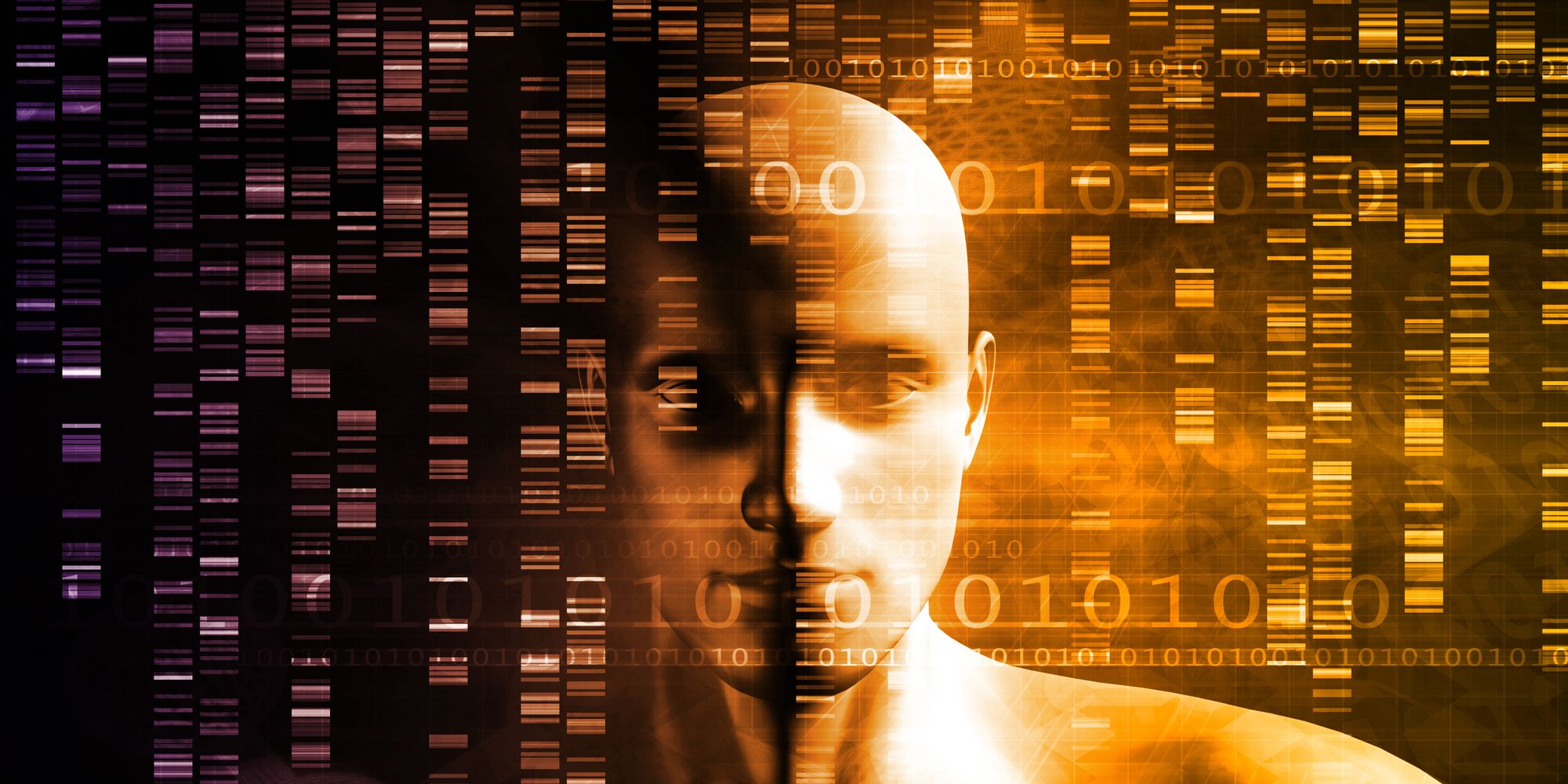Is It Your Genes?

Genes play a role in every aspect of our existence as biological creatures, so it is no wonder that studies are identifying genetic connections to negative habits. We’ve known for a long time from identical twin, family, and adoption studies, that the more closely related you are to an addicted person, the greater is your own risk of being addicted, although different substances give somewhat different risks. If you have an identical twin who is a cocaine addict, it would be a really really bad idea to start using cocaine yourself. And if s/he were a problem gambler and not a cocaine user, you’d also have a higher risk of having a gambling problem, just not as high as that cocaine risk. So genetic risk is not related just to substances that you swallow, shoot up or snort, but it appears to apply to behavioral problems as well.
It would seem, then, that all we have to do is find the genes in common for addicted people with a given problem that aren’t present in non-addicted people, and voila, we’ve identified the “addictive gene.” Well, life isn’t quite that simple. First of all, addiction itself is an extraordinarily complex set of phenomena where genes are acting on multiple systems. There might be one set of genes involved in how intensely a person experiences cravings, and entirely different genes involved in how rapidly or slowly tolerance builds up, or how intensely uncomfortable withdrawal experiences are. Genes are involved in sensations, perceptions, and expectations, not to mention underlying biochemical, endocrinological, and neuroanatomical mechanisms, that play into the phenomenon we call “addiction.”
Want even more complexity? It’s very likely that even if you are carrying “addictive genes” you may not become addicted unless some other factors are also present. For example, several studies have shown that stresses lead to a greater likelihood of addiction, but some people (or monkeys, depending on the study) show more resistance than others. So there are most likely both vulnerability/resilience genetics at play as well as something called “epigenetics”, where environmental factors can have a direct effect on genes, modifying how they work.
It helps to know that genetics plays a role in a person’s negative habit because it lessens the sense of guilt a person feels when struggling with an addiction. It also holds promise for novel and more effective prevention and treatment approaches in the future. But, and that’s a very big “But”, it makes no sense to use genetics as an excuse for not taking all actions necessary to change yourself. A genetic link is not an excuse to continue the addiction with the rationalization that you were born to be an addict. Establishing a genetic connection to addictions just puts some explanatory muscle behind what you already know. If your problem is messing up your life, you need to change, even though it often seems easier to give in, regardless of genetics.
There’s a final point about genes and addiction. If you are lucky enough not to have genes that predispose you to addiction, that doesn’t mean that you are immune from addiction. It is quite likely that anybody can become addicted to substances and or negative behavioral habits under the right circumstances. Moderation should be the rule, even if you think you are bulletproof. You’re not.
